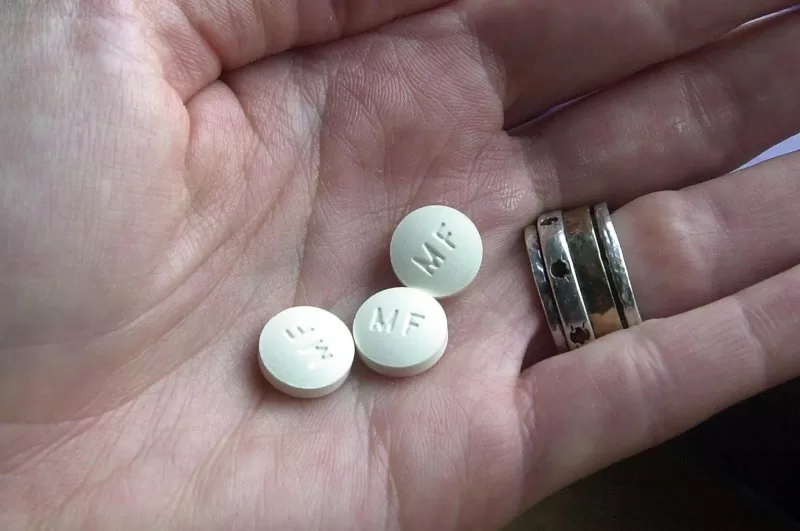Oct. 1 (UPI) — A Louisiana law that makes abortion medications mifepristone and misoprostol “a controlled dangerous substance” took effect Tuesday.
The law — the first of its kind in the nation — requires the drugs, which in addition to being used as a cocktail for medical abortions are used for miscarriage management and to stop bleeding after childbirth, to be stored in a locked container like benzodiazepines such as Valium, Xanax and Ativan.
It also establishes penalties of up to five years in prison and a fine of as much as $5,000 for people who possess the pills without a valid prescription, with exceptions for pregnant women who have the drugs for their “own consumption.”
Dr. Jenifer Avengo, director of the New Orleans Health Department, noted to NBC News that Louisiana already bans abortion with rare exceptions, meaning that physicians could not prescribe misoprostol and mifepristone for abortions before the law went into effect.
The new law led to concerns that doctors could be limited in prescribing the drugs to treat other conditions.
Others expressed worry that the extra barrier to access even for those with prescriptions puts women in danger when they are faced with emergency situations.
“You want to be able to have it right there in the moment,” Dr. Jennifer Avegno, director of the New Orleans Health Department, told CNN. “It adds several minutes to that process. If you’ve ever watched someone bleed out after childbirth, as I have, you know that minutes can make a difference.”
Louisiana Gov. Jeff Landry, however, said the new law will protect women. State Sen. Thomas Pressly said he proposed the bill after his sister was given misoprostol against her will.
The anti-abortion group Louisiana Right to Life, which helped write the law, told NBC News that misoprostol will still be available for “miscarriage management, induction of labor, management of postpartum hemorrhage, stomach ulcers, and more.”
Tamika Thomas-Magee, director of clinical services at Planned Parenthood Gulf Coast, said the law is being used as a “scare tactic” so doctors would have second thoughts about using the drugs and possibly breaking the law.
